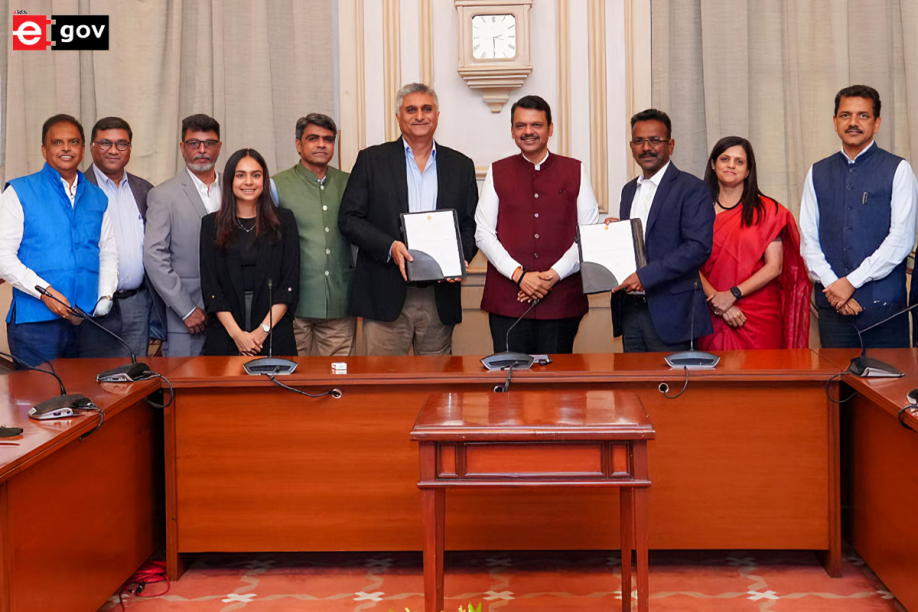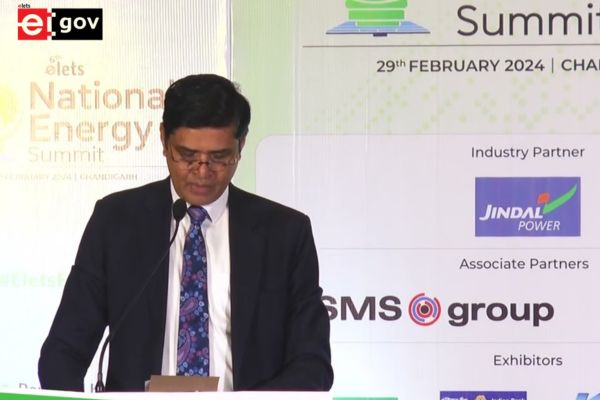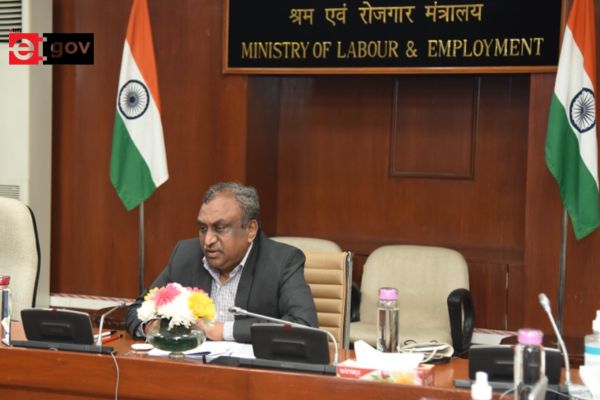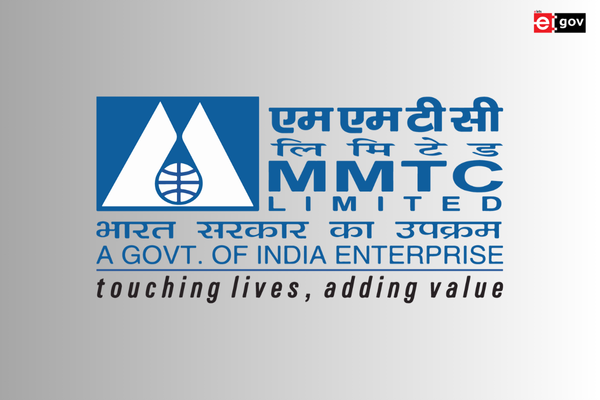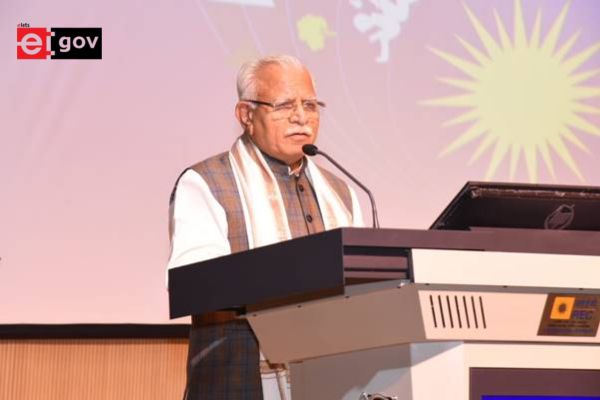
Prime Minister Narendra Modi on Friday inaugurated the Vizhinjam International Seaport in Kerala, a landmark project set to transform India’s maritime trade landscape. Developed for Rs 8,867 crore, this state-of-the-art facility is India’s first deep-sea transhipment hub, positioning the country as a formidable player in global shipping.
Located near Thiruvananthapuram, the port has been constructed by Adani Ports and Special Economic Zone Ltd (APSEZ) in collaboration with the Kerala government through a public-private partnership. Its inauguration is seen as a crucial step in reducing India’s reliance on foreign ports for transhipment, a sector where the nation has historically depended on hubs such as Colombo, Dubai, and Singapore.

Speaking at the inauguration, Prime Minister Modi underscored the strategic significance of the project. He highlighted that nearly 75% of India’s transhipment activities had previously been routed through foreign ports, resulting in considerable economic outflows. “This port marks the beginning of a new chapter. The revenue that was earlier being diverted overseas will now contribute to India’s domestic growth, fostering development and creating new opportunities, particularly in Kerala,” he said.

The Vizhinjam port is designed to handle some of the largest container vessels in operation today. With a natural depth of nearly 20 meters and situated just 10 nautical miles from crucial international shipping routes, the port offers a significant advantage in terms of connectivity and operational efficiency. The first phase of the port includes a container berth of 1,800 meters and is expected to handle 1.5 million Twenty-foot Equivalent Units (TEUs) annually.

In addition to its strategic location and capacity, Vizhinjam is notable for its advanced infrastructure. It is the first semi-automated port in India and features an AI-powered vessel traffic management system, developed in partnership with the Indian Institute of Technology Madras. This integration of cutting-edge technology is aimed at enhancing operational safety, efficiency, and environmental sustainability.

Since its trial operations began in July 2024, the port has already handled over 285 vessels, demonstrating its readiness for full-scale operations. Industry experts believe that Vizhinjam will serve as a pivotal maritime gateway for South Asia, offering competitive advantages comparable to established ports in the region.
Highlighting the international interest in the port, the Mediterranean Shipping Company (MSC), headquartered in Geneva, has included Vizhinjam in its Jade service route, linking major ports across Europe and Asia, including Spain, Italy, China, South Korea, and Singapore.
Also Read: S.M. Ramanathan Takes Charge as Director at BHEL
The port is expected to play a vital role in enhancing India’s position in global trade, improving logistics efficiency, and supporting the country’s broader economic ambitions. By facilitating direct transhipment within India, Vizhinjam is poised to reduce shipping costs, cut down transit times, and stimulate regional economic growth.
Be a part of Elets Collaborative Initiatives. Join Us for Upcoming Events and explore business opportunities. Like us on Facebook , connect with us on LinkedIn and follow us on Twitter, Instagram.
"Exciting news! Elets technomedia is now on WhatsApp Channels Subscribe today by clicking the link and stay updated with the latest insights!" Click here!




